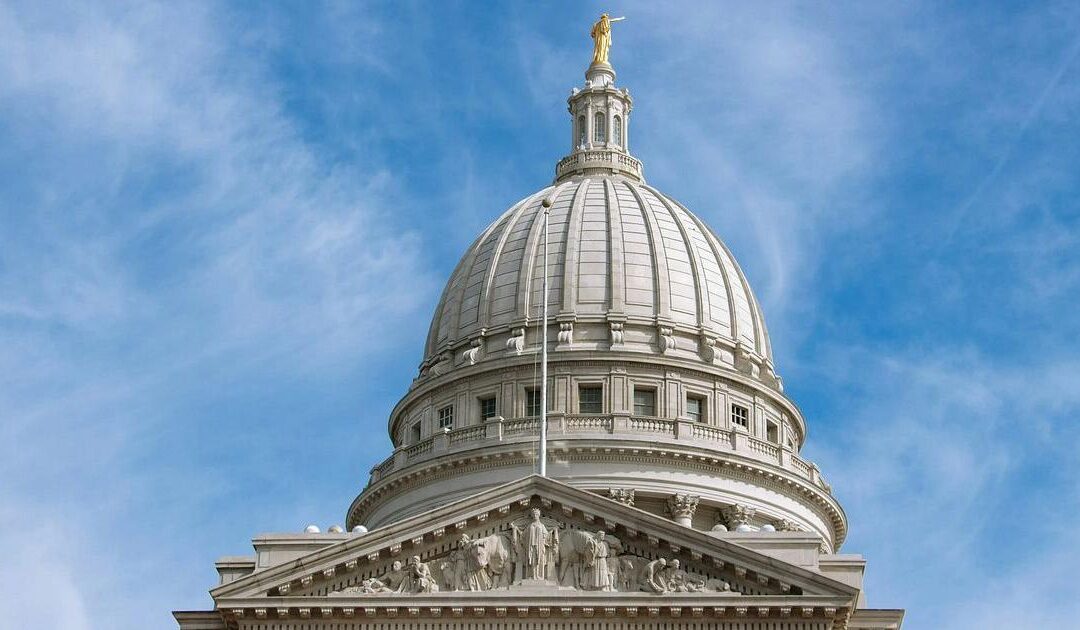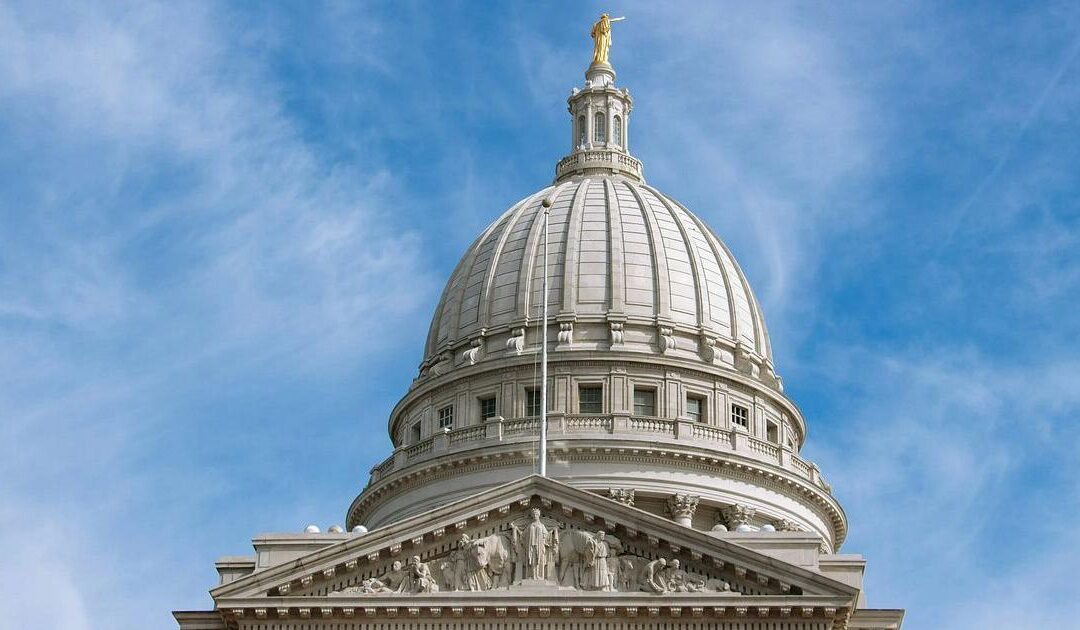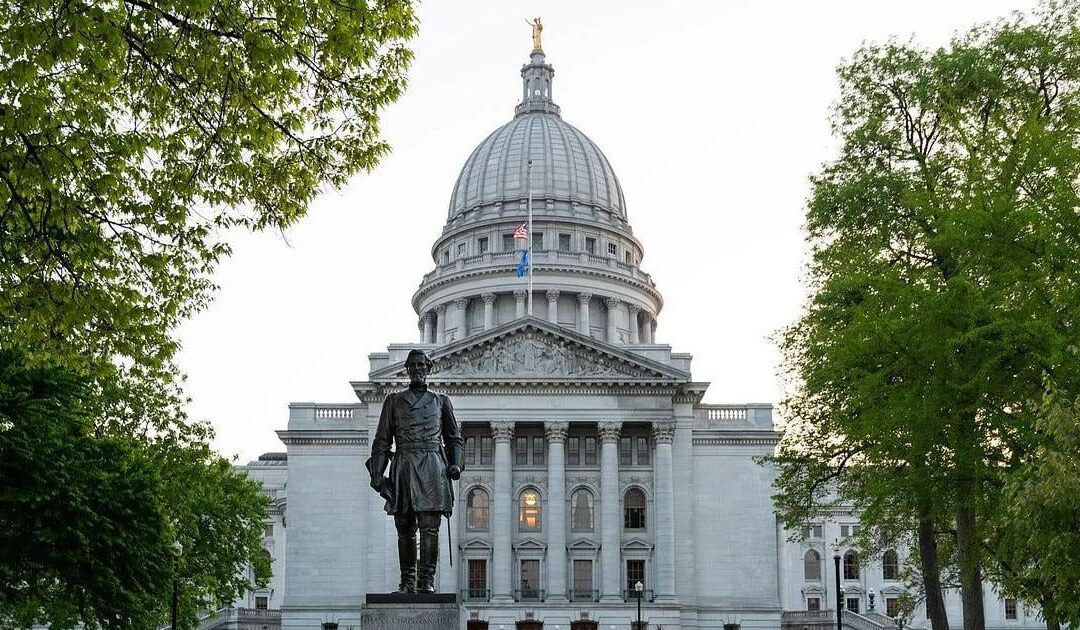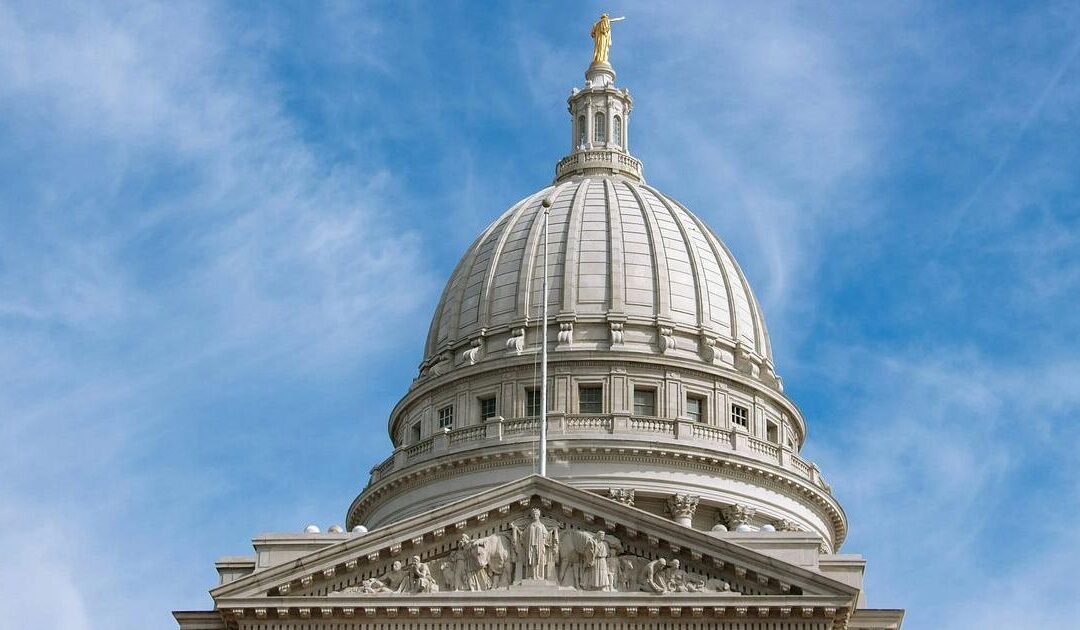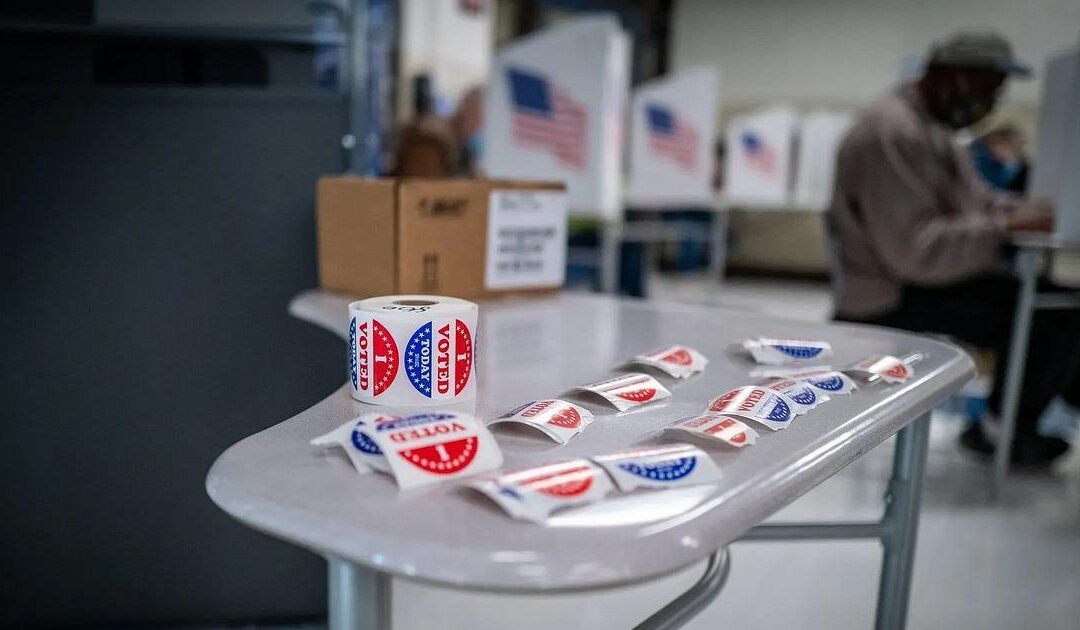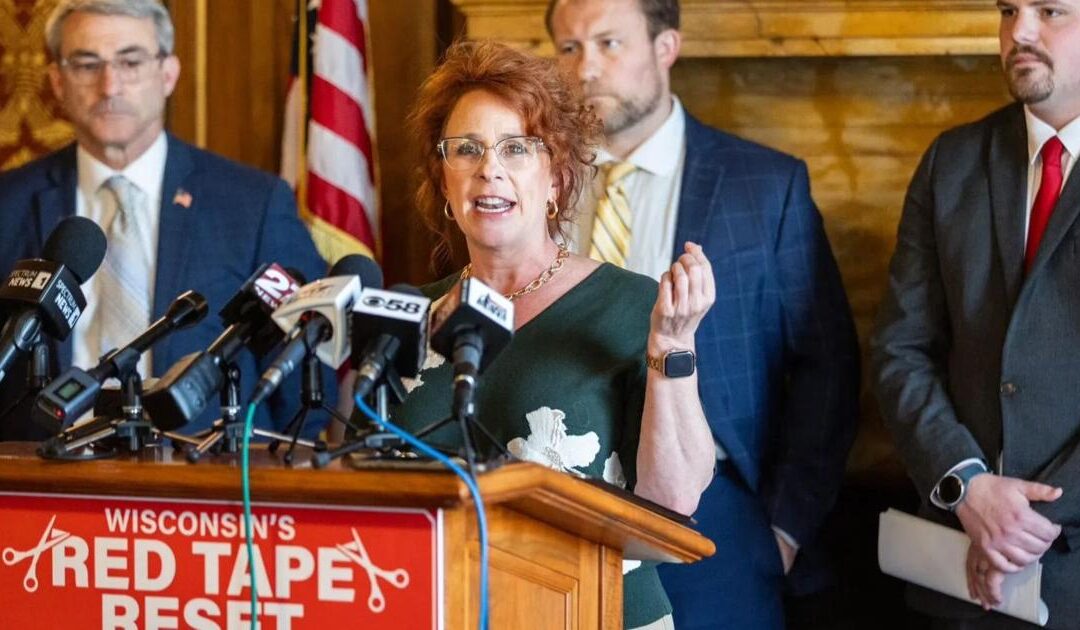(The Center Square) – An administrative law judge affirmed Friday the Wisconsin Department of Natural Resources’ permits for a 41-mile Line 5 reroute in northern Wisconsin.
Those permits had been challenged by the Bad River Band of Lake Superior Chippewas. The group is also appealing permits issued for the project by the U.S. Army Corps of Engineers in a separate case.
The Bad River Band committed to continue to fight the project, it said. The group is joined in the case by Clean Wisconsin, Earthjustice, Midwest Environmental Advocates, the Sierra Club, 350 Wisconsin and the League of Women Voters of Wisconsin.
The U.S. Department of Justice recently asked a federal court to delay the June 16 shutdown of the Line 5 pipeline as the parties continue court proceedings.
Administrative Law Judge Angela Chaput Foy amended several conditions in the ruling as a part of her Friday ruling.
“While today’s decision is a disappointing setback, it does not diminish our resolve or end our responsibility to protect Wisconsin’s waters from the irreversible harm this project threatens to cause,” Midwest Environmental Advocates Senior Staff Attorney Rob Lee said in a statement. “The record in this case is clear, and our work is far from over. Based on the significant legal issues presented and the strength of the record, we believe there is a strong basis for appellate review, and we are considering all appropriate next steps.”
Permit applications for the project were initially submitted in 2020.
The pipeline transports more than 500,000 barrels of crude oil and natural gas liquids each day through the Bad River Band reservation.


